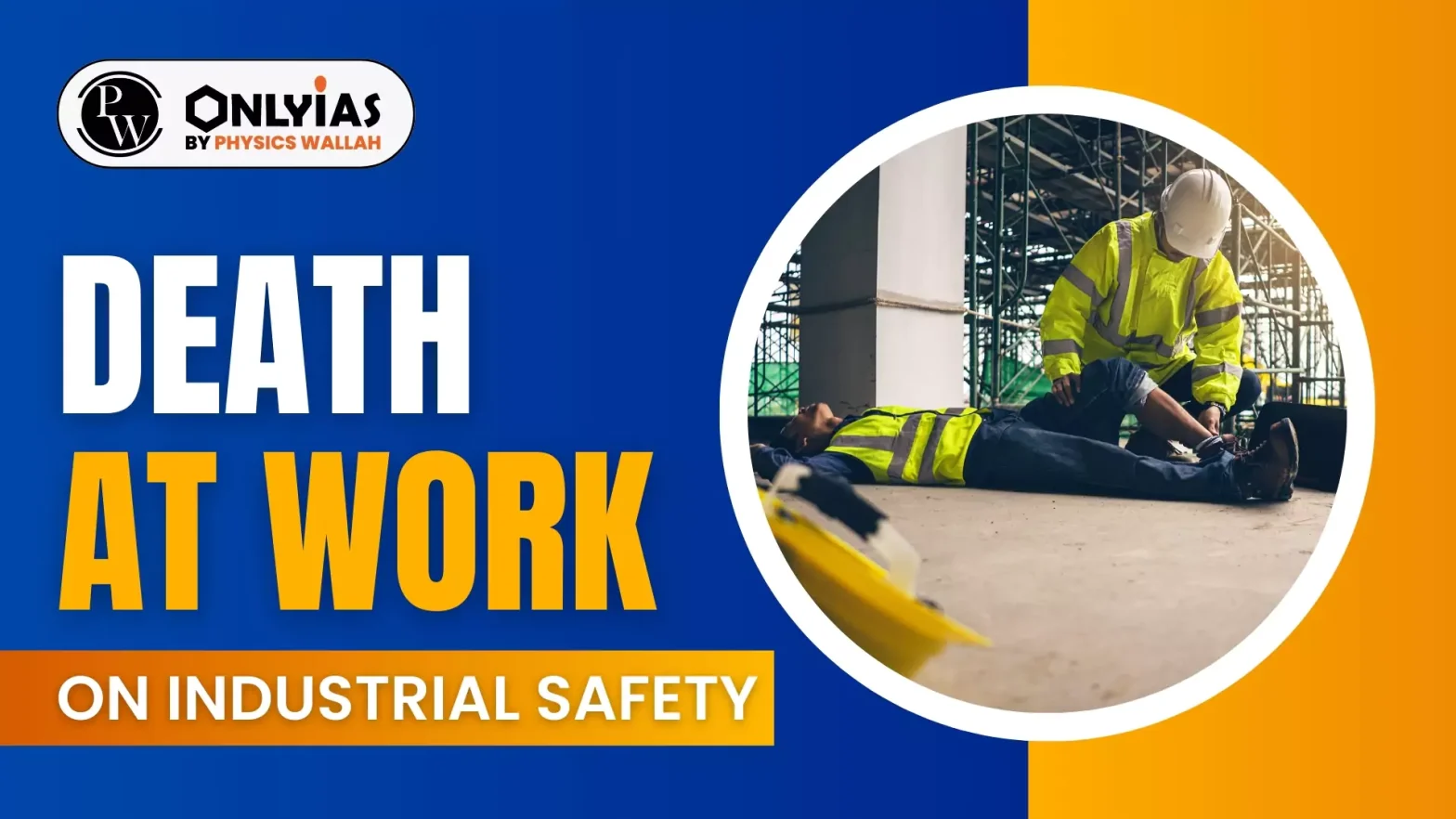Recently, the blast at Escientia’s pharma plant, where 17 workers lost their lives, and a fire at another chemical factory in the Atchutapuram SEZ in Anakapalli district have highlighted safety issues and the compromised safety measures for workers. Given that such factories deal with dangerous machinery and chemicals, stringent safety rules are a must. These incidents, along with previous accidents, emphasises the urgent need for stricter safety measures.
Why Are Such Accidents Increasing?
- Weak Safety Rules: The existing safety regulations are inadequate to address the risks associated with high-risk industries like pharmaceuticals and chemicals.
- Weak Implementation: Even when safety rules exist, their enforcement is often lax, leading to non-compliance by management.
- Old Machinery: The use of outdated and poorly maintained machinery increases the risk of accidents.
- Management Non-compliance: Management often neglects safety protocols, citing increased costs as a reason for non-compliance.
As a result, the Andhra Pradesh trade unions are expressing their anger and demanding punishment for responsible management and calling for an immediate, thorough safety audit of all units at SEZs and across the state to ensure safe working conditions.
Enroll now for UPSC Online Course
How Did the Incident Happen?
- The incident at Escientia’s pharma plant occurred due to a solvent leak involving Methyl tert-butyl ether (MTBE).
- Workers at the plant attempted to address the leak, but while doing so, the MTBE came into contact with an electrical panel, leading to a catastrophic blast.
| Note: This raises serious questions about why the workers proceeded without considering the potential consequences. Were they not aware of the risks? The typical safety data sheet for MTBE clearly states that it is highly flammable and cautions against the serious risk of fire and explosion. It also specifies the use of explosion-proof electrical, ventilating, and lighting equipment. This incident highlights a significant lapse in safety training and awareness among workers. |
Role of SEZ in the Incident
Special Economic Zones (SEZs) are areas within a country that have different trade and business laws, such as tax benefits and labour law relaxations, aimed at promoting economic growth. Their goals include increasing trade balance, creating jobs, attracting investment, boosting manufacturing, increasing exports, and developing infrastructure.
- The 2016 government order introduced significant changes in SEZs, exempting units from regular government inspections and replacing them with online inspections. This policy allowed medium-risk industries, including pharmaceuticals and chemicals, to self-certify their compliance with safety norms based on third-party audits. Although this policy was intended to streamline business operations by reducing bureaucratic hurdles, it was poorly implemented, and management often took it lightly, leading to inadequate safety oversight and increased risk of accidents.
What Can Be Done?
While the government aims to increase the ease of doing business, it should not come at the cost of compromising safety measures. Some steps that can be taken include:
- Special Rules for High-Risk Companies: High-risk industries must be subject to special rules for compliance that go beyond the general regulations.
- Safety Training for Workers: Regular and thorough safety training should be mandatory for all workers, particularly in high-risk industries.
- Compulsory Use of Safety Instruments: The use of safety instruments and explosion-proof equipment should be compulsory and strictly enforced.
- Investigation of Every Incident: Every incident, no matter how minor, should be thoroughly investigated to prevent future occurrences.
- Protecting Whistleblowers: Whistleblowers who report safety violations should be protected to encourage more transparency.
- Industry-Specific Guidelines: Clear and stringent guidelines should be developed and enforced for each industry, particularly those involving hazardous materials.
- Regular Mock Drills: Regular mock drills should be conducted to ensure workers are prepared to handle emergencies.
- Heavy Fines and Shutdowns for Violations: Severe penalties, including heavy fines and the possibility of shutdowns, should be imposed on companies that violate safety norms, particularly if they continue to do so despite warnings.
Check Out UPSC CSE Books From PW Store
By implementing these measures, the safety of workers can be significantly improved, and future accidents can be prevented.
![]() 23 Aug 2024
23 Aug 2024
